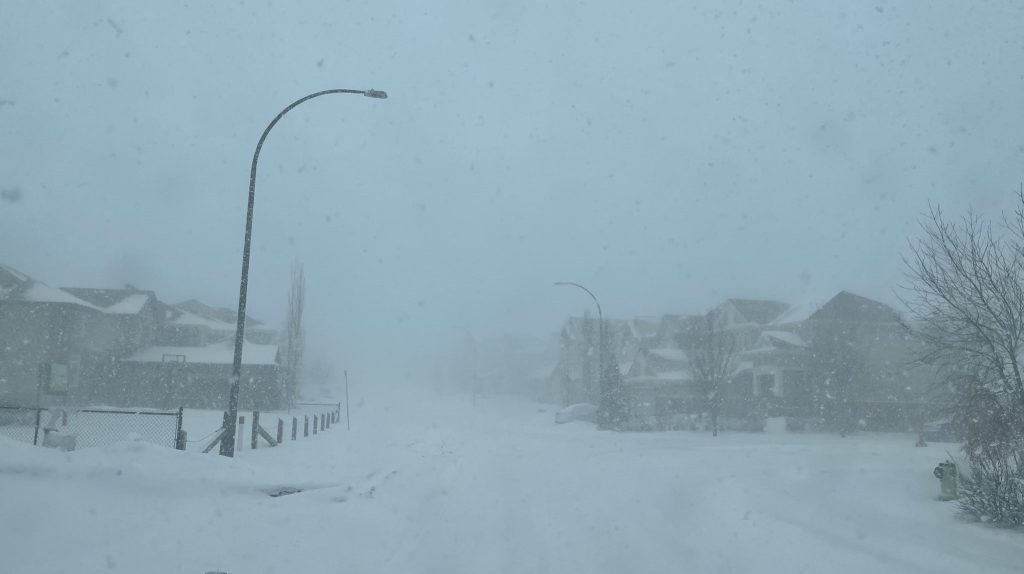Alberta’s Indigenous renters impacted more by high rent prices: Report

Posted Jun 21, 2023 7:33 pm.
Last Updated Jun 21, 2023 7:34 pm.
While all renters have been struggling with high rent prices, according to new data from the Canadian Rental Housing Index, Indigenous renters are paying a higher percentage of their income on rent than others in the province.
Those in Okotoks, Canmore and Leduc County spend more than 60 per cent of their income on housing and utilities, according to Jenny Grant with the Alberta Seniors and Communities Housing Association.
“Thirty-eight per cent of Indigenous renter households, they’re spending more than the recommended 30 per cent of income on rent and utilities, and 14 per cent of those households are spending more than half of their income on rent,” she told CityNews,
“This is putting them on a crisis level of spending.”
The report says, on average, Indigenous renters make $8,000 dollars less annually than non-indigenous renters but pay similar rents.
“We have higher rates of rent payments, higher rates of poverty,” said Margret Pfoh, CEO of the Aboriginal Housing Management Association.
“If they can’t afford to pay for the other necessities, then they’re going to need to be attending food banks, they’re going to not be equipping their families for some of the other essentials like food, clothing, all of the other things I think most of us take for granted.”
Related Stories:
-
Albertans call for rent control, economist calls it a ‘bad idea’
-
Rental affordability crisis: Why has rent gone up in Calgary?
-
Rental affordability crisis: How Calgary is moving forward
She says the issue is widespread and that Indigenous renters in Alberta are paying the most compared to the other provinces — a trend, she says, isn’t unique to Canada.
“Indigenous peoples across the world in any colonized country ranked the highest on the worst scales and the lowest on the best scales,” she explained.
“So when we put that into perspective of housing, it means that we have higher rates of homelessness — highest on the worst scales.”
She says this problem needs a solution brought forth by government.
“We’re going to need the government at all levels to understand that the whole real estate market in Canada has been financialized — people are looking at buying second homes, holiday homes,” Pfoh said.








